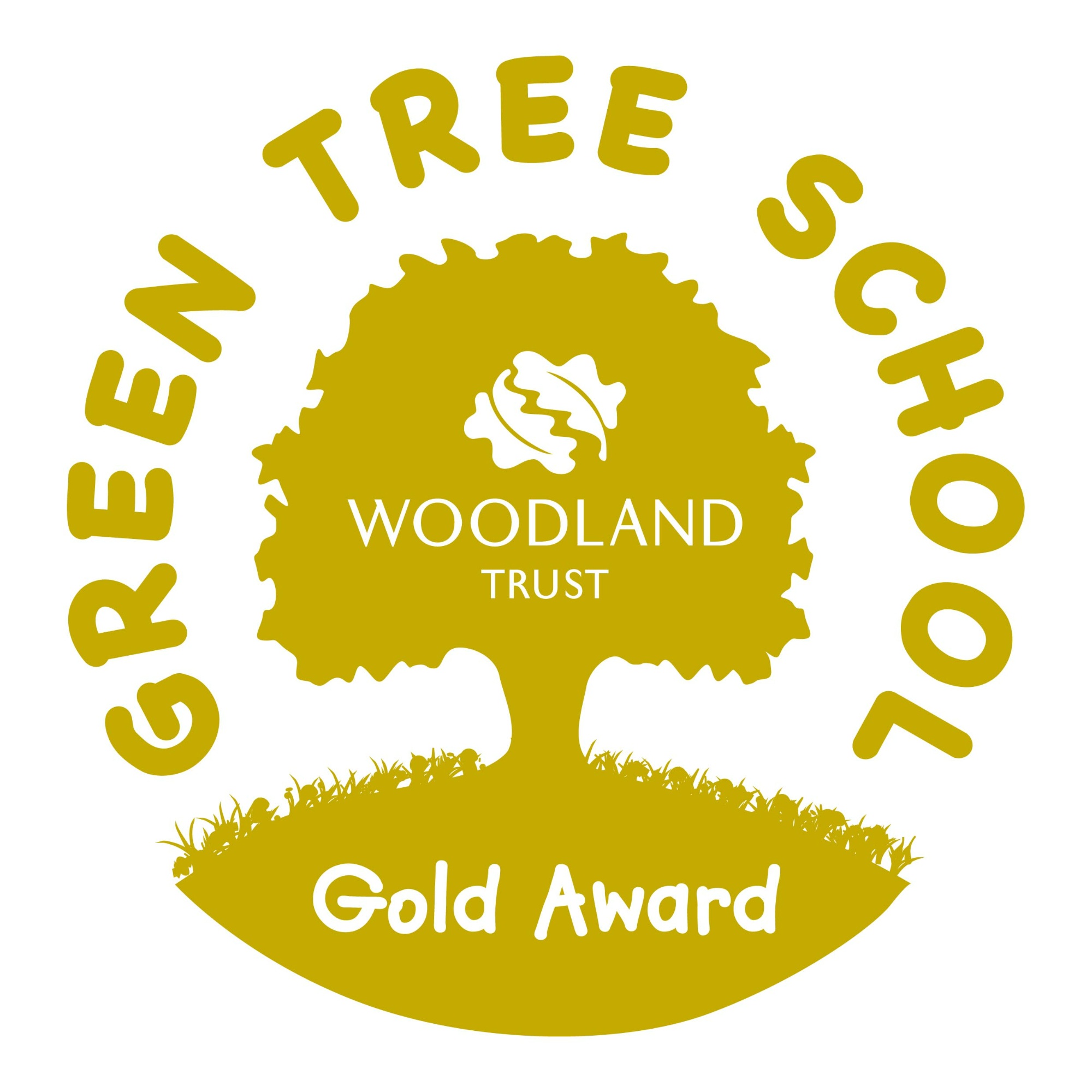Reading
As a school, we celebrate and provide rich reading experiences at every available opportunity, so that all our children develop a love of the written word.
Our priority is both the teaching of reading skills and the enjoyment of literature, enabling children to become lifelong, confident readers. We believe that high-quality texts are key to motivating children to read and instilling in children a love of literature. Children throughout the school are read to each and every day, supporting their comprehension, developing their vocabulary and creating the magic of losing themselves in a story.
Early Reading
In Reception and KS1 we teach systematic synthetic phonics through the Read Write Inc phonics scheme. This is in place throughout the school and begins on children’s very first day in Reception. We invest significantly in staff training and development so that all staff are expert reading teachers. Children are taught in small groups based on regular and robust assessments which ensures teaching is highly targeted and at an appropriate level. Our regular monitoring processes ensure children who struggle with word-reading receive further support, often through regular 1:1 intervention.
It’s really important when your child is learning to read that you model and encourage the correct sound pronunciation using pure sounds. This video guide is really helpful - take a look!
Pronunciation using pure sounds
Home Reading Books
Home reading books offer an opportunity for children to apply their decoding skills with specific decodable books aligned to the Read Write Inc. phonics scheme. Beyond this, we supplement these materials with a range of with other high-quality books that offer children opportunities to build fluency and comprehension through reading a wider range of genres and styles. Children have access to our bespoke library space on a regular basis to select books to share with others at home.
You can find out more about the Read Write Inc phonics scheme here.
Reading Comprehension
Once children are reading with an appropriate level of fluency, they will be moved on from daily phonics sessions to being part of small group or whole class comprehension lessons. Whole class reading lessons take place for approximately 30 mins per day.
We use VIPERS to refer to the reading domains of the National Curriculum:
VIPERS
- Vocabulary
- Infer
- Predict
- Explain
- Retrieve
- Sequence/Summarise
Curriculum mapping ensures the teaching of these skills not only progresses year-on-year but on a termly basis so children’s progress can be monitored closely throughout the year. Our linked texts include a range of text styles and texts increase in complexity across year groups. The teacher will work with pupils as part of a pair or small group on a regular basis to guide and challenge all pupils.
Reading for Pleasure
Not only do we teach reading in all classrooms, every day, we share stories. Story time is protected time that takes place in every classroom, every single day. We want children to be able to immerse themselves in a book and get lost in the magic of their imagination. We do this through expert readers modelling this enjoyment all the time. We recognise the importance of carefully selected literature, but also the importance of using children’s interests to ignite their passion for books. We have an experienced teaching team that carefully select texts to share that we feel children should have opportunities to read, know and love in their time with us. Each class’ current read is displayed outside their classroom so anyone can see what they have been enjoying together, discuss it and foster children’s enthusiasm further.
We also hold regular reading events throughout the year to promote reading for enjoyment. For example book fairs, author visits and our World Book Week (not just one day!).
Assessment
Throughout the year, children in KS1 and KS2 take part in standardised reading comprehension assessments from National Foundation for Educational Research (NFER). The aim of these is diagnostic and to further validate teachers’ judgements.
Assessment data generated from these assessments is used to plan future teaching, diagnose misconceptions and validate teacher assessments. Results will form a part of staff pupil progress meetings whereby children may be identified as in need of additional support.
Take a look at the documents below to find out more about our reading curriculum and expectations.



